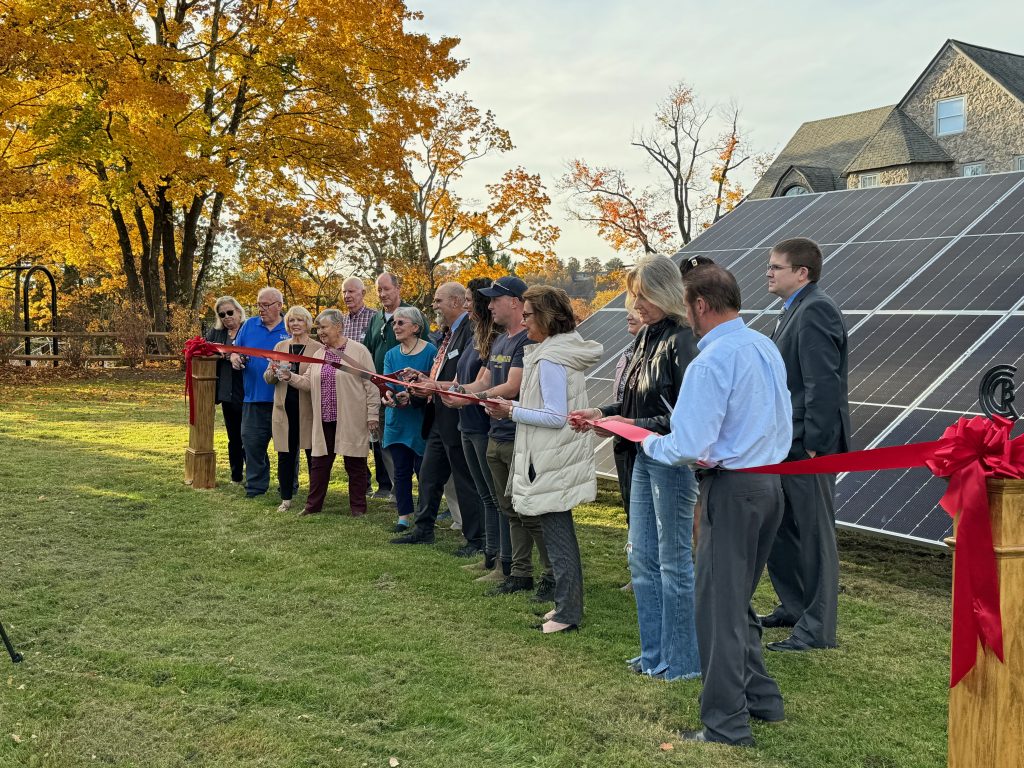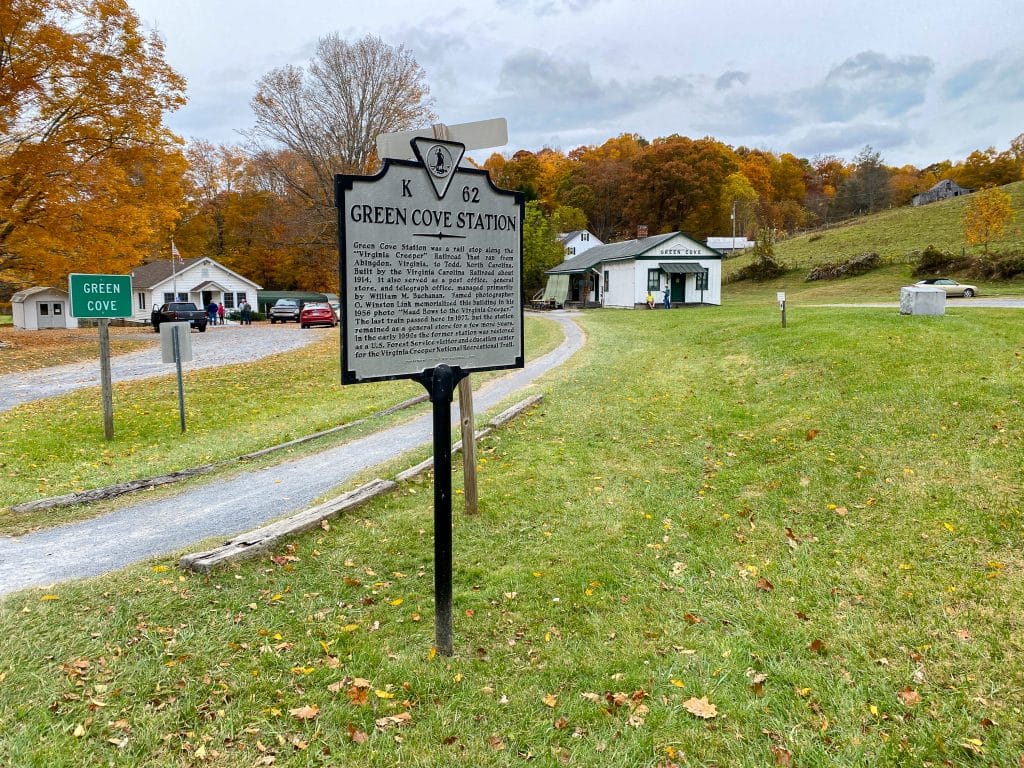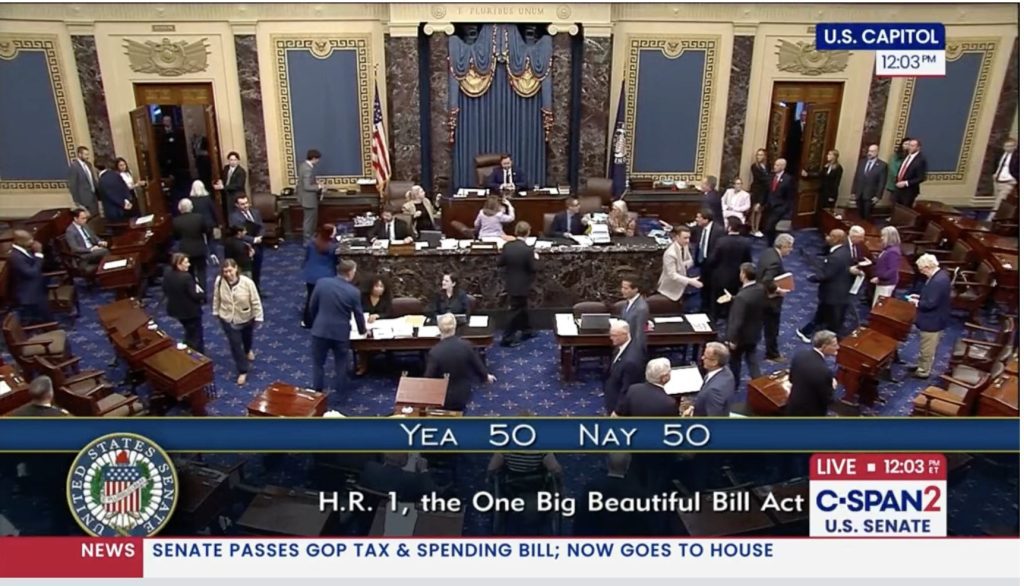Editorials and Letters
Forests
On May 20, the House of Representatives passed the Healthy Forest Restoration Act, and on July 24, the Senate Agriculture Committee passed a similar bill. The purported aim of this legislation is to reduce the risk of wildfire damage to communities, address threats to forest health, improve understanding of insect damage to forests, and restore degraded forest ecosystems. Unfortunately, the inappropriately named Healthy Forest Restoration Act would do none of these things, and in some cases, would even accomplish the opposite.
Although HFRA was introduced primarily as a means of addressing fires in the west, it would also have an impact on eastern forests, which would be exempt from many environmental laws and citizen review, using the wildfires in the west as justification. This one-size-fits-all approach to forest management will be detrimental to forest management concerns unique to the eastern forest. The bill targets not only areas infested with insect or disease, but also areas that are at risk for future infestation. In other words, logging projects up to 1,000 acres in size could be located in any forest stand be excluded from environmental review.
In addition to unnecessary effects that the bill will have on the management of eastern forests, it also fails to address adequately its primary objective of controlling Western fires. The bill has no requirements for comprehensive, long-term planning for fuels management. It lacks an appropriate system for identifying specific areas that pose a “fuels hazard,” potentially leading to high priority areas being overlooked or projects being placed in areas that require no treatment.
The direction the Administration has adopted for “forest restoration,” threatens to dilute the credibility of the forestry profession as objective managers of forest health, independent of the political process and industrial interests. The Administration must take advantage of widespread support for appropriate fuels management and forest restoration not to liquidate our national forests, but to protect communities threatened by wildfire and forests infested with insect and disease outbreaks.
The proposed “environmental rollbacks” promise to miss this opportunity.
Effective forest management and restoration must focus on the long-term health of forests, allow review of management options, incorporate appropriate environmental safeguards, and include substantive public input. The Healthy Forests Restoration Act contradicts the mandate for forestry professionals to protect the long-term health of both eastern and western forests.
Air
In a year that has seen little good news from Washington in terms of protections for our health and environment, Senator Lamar Alexander of Tennessee recently gave health and clean air advocates cause to rejoice. On July 13th, the Republican junior senator and former governor of Tennessee announced that he would oppose the Bush Administration’s so-called, “Clear Skies Initiative,” criticized by environmental and health advocates as the most massive roll-back of the federal Clean Air Act since its enactment. In announcing his decision, Senator Alexander said, “The condition of the air in Tennessee is completely unacceptable to me, and it ought to be to every citizen.” Those of us in the Southeast, who suffer the worst air quality in the country, owe the Senator a debt of gratitude for this courageous stance against not only his party’s leadership, but against one of the most powerful lobbies in Washington.
Senator Elizabeth Dole of North Carolina has every reason to follow suit – her constituents have already passed, with nearly unanimous bipartisan support, their own “Clean Smokestacks Act.” This law commits the state to stronger and speedier pollution reductions than even the existing Clean Air Act. As such, there is no conceivable reason why Dole’s constituents would benefit from lowering the national standards – it would only mean more pollution, more asthma attacks, and more deaths and would put North Carolina’s industries at a competitive disadvantage as our upwind neighbors enjoy cheaper (and dirtier) power at the expense of North Carolinian lives. Yet Senator Dole, according to her spokesperson, remains supportive of the Bush Administration’s proposal.
The Clear Skies Initiative will likely come up for debate in September, and the vote in the senate will be close. Dole’s vote on this initiative will be a test of where her true affiliations lie. Will she put the agenda of the powerful energy lobby and the conservative political establishment above the health and welfare of her constituents? The preliminary indications don’t look good, but she has about a month to change her mind, and her constituents have that amount of time to help her decide. We encourage all North Carolinians to contact Senator Dole’s office and give their opinions on whether she should protect their health, environment and economy or protect the profit margins of out-of state utilities.
Thanks to Than
Appalachian Voices owes a great debt of gratitude to Nathaniel Axtell as he steps down as Editor of the Appalachian Voice. Than has guided our publication through its first eight years as Editor and frequent writer of editorial as well as news and human-interest stories about our southern and central Appalachian Mountain region. His journalistic skills and his insistence on a newspaper that would reach out to the broad public interest that included recreation, wildlife, and cultural history as well as environmental protection articles has made the Voice what it is today.
In 1995, Than answered our ads for an editor of such a free, wide-circulation publication designed to build a sense of public pride and ownership in our mountain region. His advanced degree in journalism and his experience as a writer for daily newspapers prepared him well for the challenge. The first issue was printed in December of 1995, with a quarterly circulation of 40,000 papers across three states. The present six-state circulation is now nearly twice that and we print six issues a year.
Another of Than’s strengths has been his insistence on high quality, in almost all cases original articles. He has developed a list of regular writers who are the cream of the crop of regional nature writers.
But perhaps his greatest contribution was his realization that the Voice, unlike many commercial newspapers in the region, had the independence to tell the truth about the environmental problems in the region. Problems with air pollution, poor forestry practices, mismanagement of public lands and mountaintop removal coal mining were presented in a fair but frank way.
As Than moves on to other journalistic challenges, we wish him the best with the confidence that his journalistic skills will again shine through the mist of a southern Appalachian Mountain morning, and he will continue to interest his readers in the beauty and rich historic fabric that is our home.
Letters to the Editor
Dear Friends,
Back in 1997 I met a lady who still owned her grandparents’ original property dating back to 1850. Her neighbors had all moved because a man needed the property to build a golf course resort.
She refused to sell her property and kept a vegetable garden by her house. I have always admired her spirit and courage. The true people of Appalachia are the ones who did not sell out to tourists and resorts.
Thank God for the ones who stood their ground!
George M. Crymes
Greenville, South Carolina
Related Articles
Latest News
More Stories

Leave a comment
Your email address will not be published. Required fields are marked *




